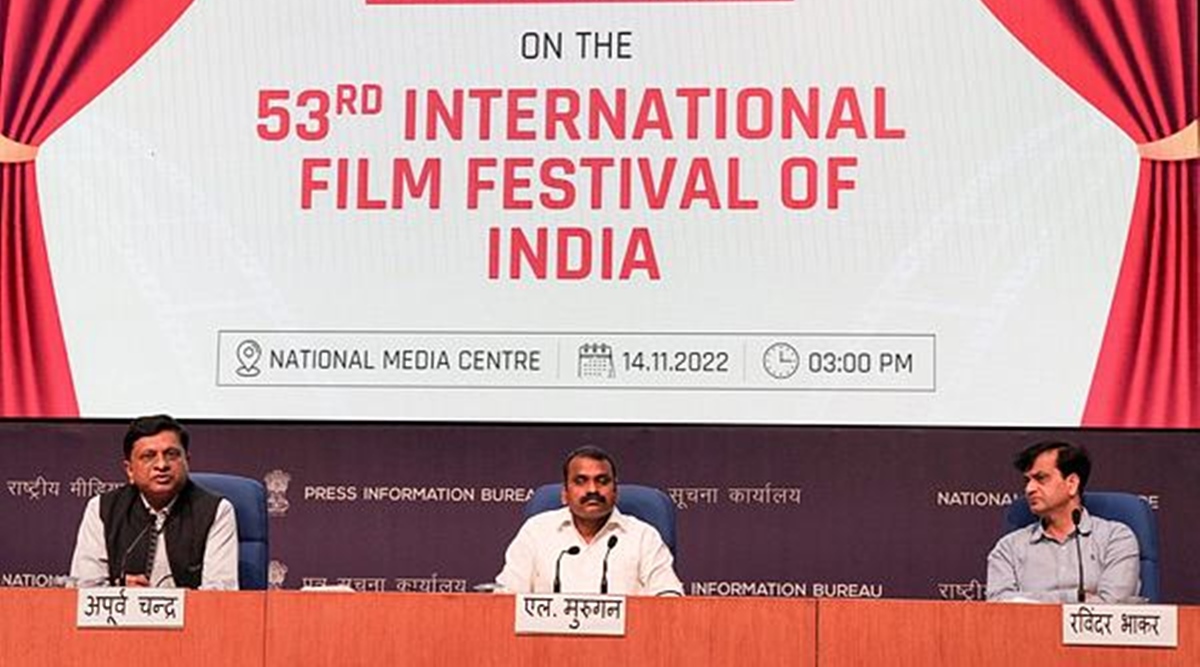Faced with the disturbing prospect of enduring an entire World Cup match with no alcohol after Qatari authorities banned the sale of beer in and around the stadiums, Matthew Wyatt did what any England fan would do in a similar emergency. He deployed his backup plan.
“He was under pressure to find an appropriate establishment,” explained his friend Mel Kenny.
One option was to consult the Qatar Alcohol Map, a list of drinking venues that had been devised by a concerned American and was spreading like samizdat as fans poured in to this tiny, mostly alcohol-free, nation. But Wyatt and Kenny instead made their way to the Red Lion, a pub discreetly tucked inside a Doha hotel, and one that, the Daily Star tabloid back home helpfully reported, offered “beer-starved England fans a boozy oasis in the desert.” It was already heaving with fans.
Many countries’ fans enjoy beer with their soccer, of course. Americans and Argentines, Germans and Mexicans and (mostly) everywhere in between. But there remains something about the English.
Fans celebrate as Saudi Arabia defeats Argentina 2-1 at the World Cup in Doha, Qatar, on Tuesday, Nov. 22, 2022. (Tasneem Alsultan/The New York Times)
“I’ve never seen a sober English football fan in my life,” said a 36-year-old fan named Simon, who declined to give his last name, perhaps because he was a little unsober himself. As for alcohol and England matches, he said: “I believe the word is ‘essential.’ Or ‘mandatory.’ Or several other synonyms.”
Or, as Brad Hirst, who had come all the way from Burnley, a suburb of Manchester, said: “If you can’t drink, what’s the point?”
“Oasis” was one way of describing the Red Lion. On Monday, it seemed like a kind of Green Zone for England supporters attempting to drink as much as physically possible before making their way to Khalifa International Stadium, where their team was scheduled to play Iran. (They then cheerily serenaded their team as it won, 6-2.)
Fans all had their individual approaches.
“We’re hydrating,” said Wyatt, referring to the many empty bottles of beer, and the many full bottles of water, at their booth. “Just like the instructions the British Embassy sent out to us.”
A couple of tables away, Gary Douglas, 52, was measuring the time in pint glasses.
“We got here six beers ago,” he said.
Douglas and his friend Neil Tattersall, 43, were surveying their second round, six more pints — three apiece — laid out in a row. (“I’m just too lazy to queue up each time,” Tattersall said of buying in bulk.) They figured they had an hour more, give or take.
The fans had a nuanced view of the World Cup’s sudden no-beer rule. Many said they felt that it was important to respect Qatari culture, and that they did not really mind forgoing alcohol during the actual playing time, since this is a common rule in stadiums in the Premier League and elsewhere in Europe.
But the sudden decree had blindsided them, interfering with their long-term pretournament drinking planning. And they resented being deprived of the chance to drink and socialize near the stadium as the game approached, a ritual that regularly brings together even supporters of different teams, usually mortal enemies, before matches at home and abroad.
The new regulation in Qatar meant they had to cram more drinking into a shorter period of time, followed by a too-long period with no beer at all. (Except water. Or Budweiser Zero, whose name speaks for itself.)
“We’re drinking five bottles at once, rather than pacing ourselves, which is not a good idea,” admitted Hirst, 32.
Qatar has strict rules about alcohol, and it has eased them to allow World Cup fans to drink at specially designated times and in specially designated locations. But visitors are still not allowed to smuggle bottles of liquor into hotels for clandestine drinking before decanting themselves into the street. Nor can you and your mates parade en masse through town spilling beer, chanting in an incoherent manner or drunkenly insulting people from other countries.
It is hard for the England fans to give up these activities, which are so much a part of their soccer culture, even if soccer’s worst days of hooliganism are in the past.
“To deny an Englishman a beer is to starve an Englishman,” said Kenny, who mentioned (several times) that he had turned 50 that very day.
This article originally appeared in The New York Times.





